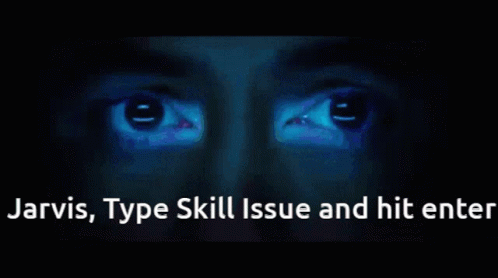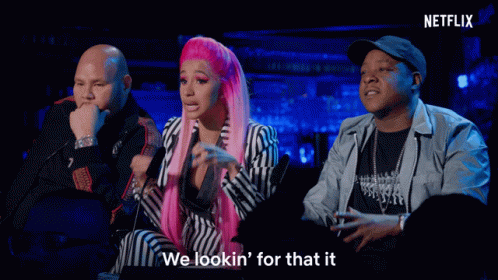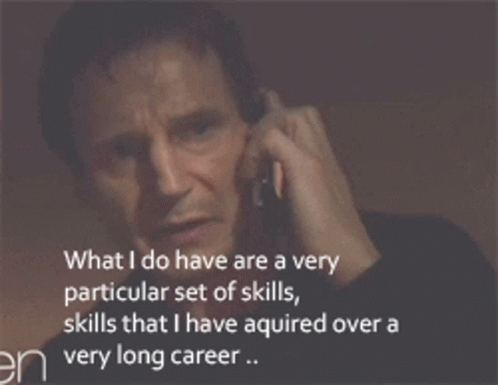The Great Soft Skills Gap: Explained
People at large believe that soft skills are innate; something that we are born with. But that is untrue. These skills need to be taught in the right environment, just like hard technical skills. But we do pick up many of them through different experiences in life thus far. But in our arsenal of skills, some might be missing or might need sharpening.

A survey conducted by LinkedIn showed that 92% of talent professionals and hiring managers said that soft skills matter much more in recruitment than hard skills and 89% say that people that lack soft skills are bad hires.
Why are these soft skills so important?
When you start your career, you usually begin as an individual contributor and then you slowly grow into a specialist or a managerial role. Many might hold the perspective that your hard, technical skills will take you far in your career, after all, you get heavily tested on them in the hiring process, and your performance is monitored as an employee to be considered for a promotion. But your technical knowledge will only take you so far; it’s the soft skills that give you the edge.

The ability to work in teams, clearly communicate progress on targets, showcase emotional intelligence with peers, and proactively come up with innovative solutions to problems are key markers of an excellent professional. These activities (and so many more) are only possible if you have sharpened your soft skills.
There is a growing demand for these skills, but there is a gap that is leading to a loss of opportunity for several talented professionals with a huge potential for success.
An analysis of the soft skills gap
The soft skills gap finds its roots deep into the education system – starting all the way from a student’s first day in a classroom. Ways of learning across the world and in the majority of classrooms, don’t encourage working with classmates to collectively solve a problem, ask questions, or suggest different ways of doing something. But, like hard technical skills, we need to learn soft skills that would boost our ability to solve problems, work effectively with others, and maintain a good work ethic.
What are these soft skills?
It’s quite simple. It’s just 8 Cs.
Courage. Compassion. Communication. Critical Thinking. Creativity. Consciousness. Curiosity. Collaboration.

Courage to speak confidently. Compassion to understand your team and your manager. Communication to share your ideas and work clearly. Critical Thinking to take initiative and solve problems. Creativity to continuously innovate in your work. Consciousness to be aware of your feelings, passion, and purpose. Curiosity to ask relevant questions and gain clarity. Collaboration to work with others and create a bigger impact on your work.
How can you bridge the soft skills gap?

As a techie, it can be difficult to prioritize working on soft skills but small investments towards these skills can lead to huge returns in your career. Here’s how –
- Join extra-curricular clubs
Find your nearest Toastmaster’s club or a class for a hobby you have or an interest you wish to pick up. This can help you work directly on your communication and creativity skills as you practice creativity in every session and talk about it during sessions and with your friends. Here, you will also meet new people and work with them. Such interactions will boost your people skills like compassion and collaboration. - Reflect on your actions
Record your calls, or interviews OR practice your talking points in front of a mirror/your laptop’s front-facing camera – play it back and write down your glows and grows. Glows are things you did well (very important to note these) and Grows are things you can do better. This will improve your courage, consciousness, and communication skills. - Read. Read. Read.
Choose your medium – it could be blogs or books. But, one thing is for certain, you need to increase your reading intake. This will not only improve your communication skills but also impact your critical thinking abilities and creativity as you will practice comprehension every time you read a page and immerse yourself in someone else’s world, respectively. - Pick up some projects, challenges or courses
Choose topics or skills that interest you. Such tasks that require you to keep your learning hat on will help you sharpen your curiosity and critical thinking skills.
Reskilling and Upskilling, continuously
All of the above sounds great when you read about it. Some of you reading this, will even take forward 1-2 practices from here and implement them. But for guaranteed success, you need Consistency.

It’s highly likely that you might try some things and drop them after no immediate signs of success. But, remember that you are trying to bridge a gap that you have had for more than two decades. It is going to take time, and you need to be patient with yourself. The results will show.
While you work on yourself, we are here for you. Be active on Cutshort’s Career Growth Network.
With this career growth network, you can

on Cutshort.


2.5 Million+
like-minded folks from various companies, skills, & backgrounds

TLDR?
- Soft but edgy
Soft skills are the core to becoming a talented professional. - 8 Cs
You need to be ready to work hard and focus on sharpening and learning skills that will help you move forward. - To build these skills
Pursue your interests, practice reflection, read, and participate in projects or challenges. - Consistency is key
The only guarantee to your success is if you keep at it. We got your back.





